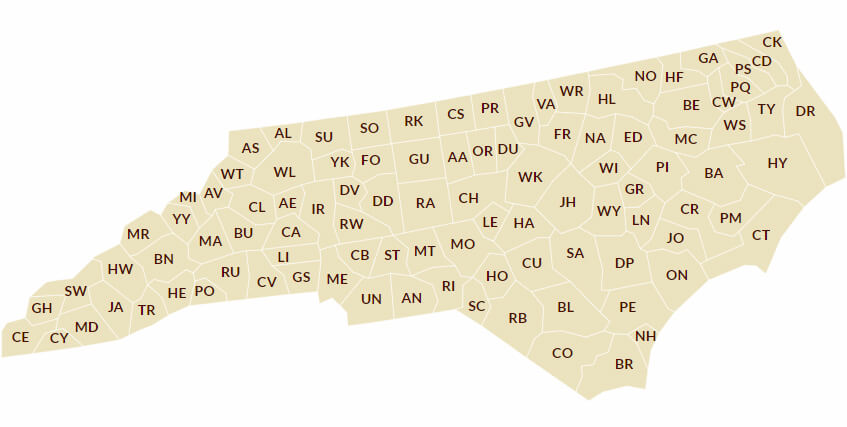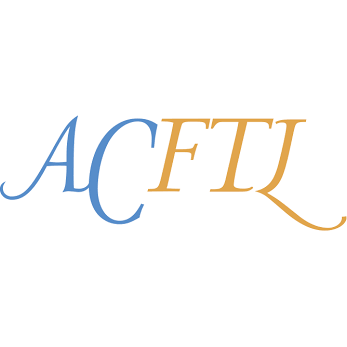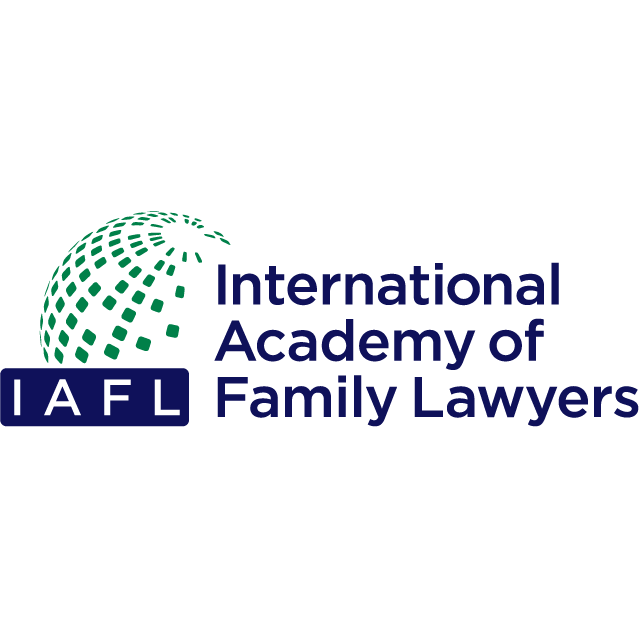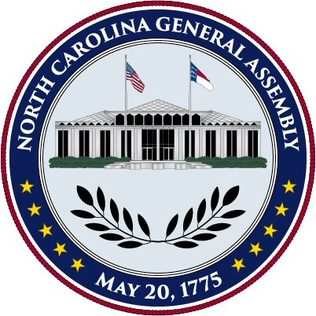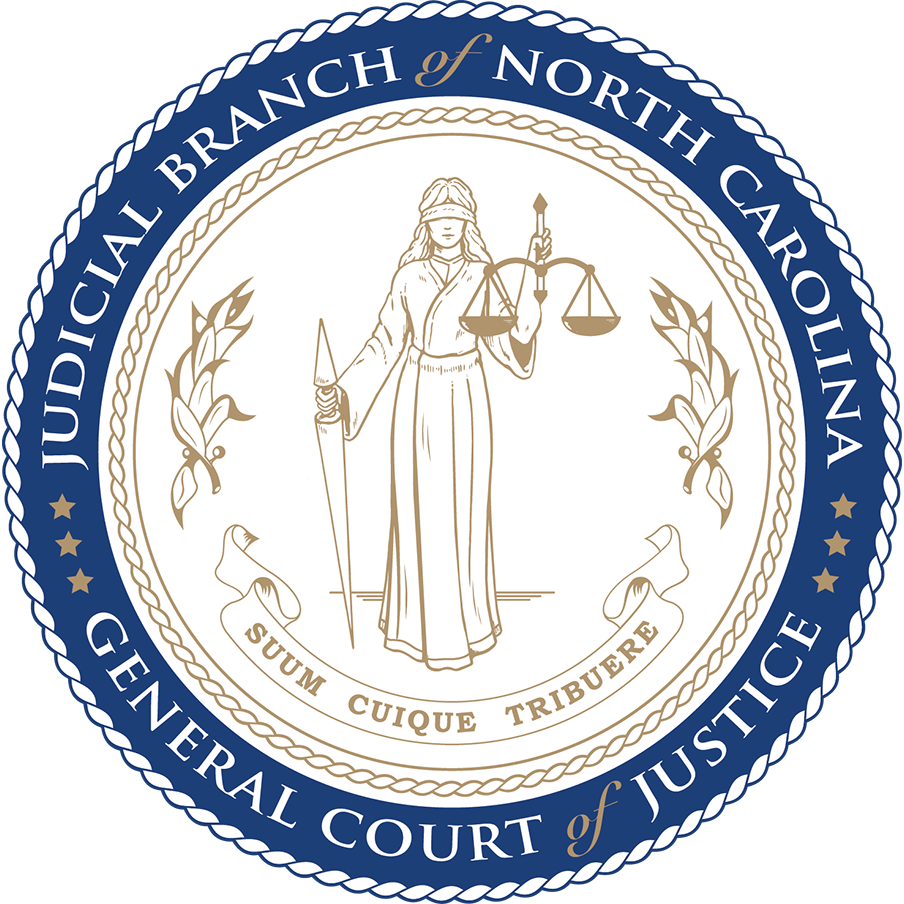North Carolina Division of Social Services - The North Carolina Division of Social Services (DSS) is responsible for overseeing and implementing various social service programs aimed at assisting individuals and families throughout the state. Additionally, the division manages child welfare services, including child protective services, foster care, and adoption programs, ensuring the safety and well-being of children. DSS also oversees adult protective services, services for individuals with disabilities, and initiatives to promote self-sufficiency and family stability, working to provide essential resources and support to citizens of North Carolina in need while striving to enhance the quality of life for families and individuals across the state.


